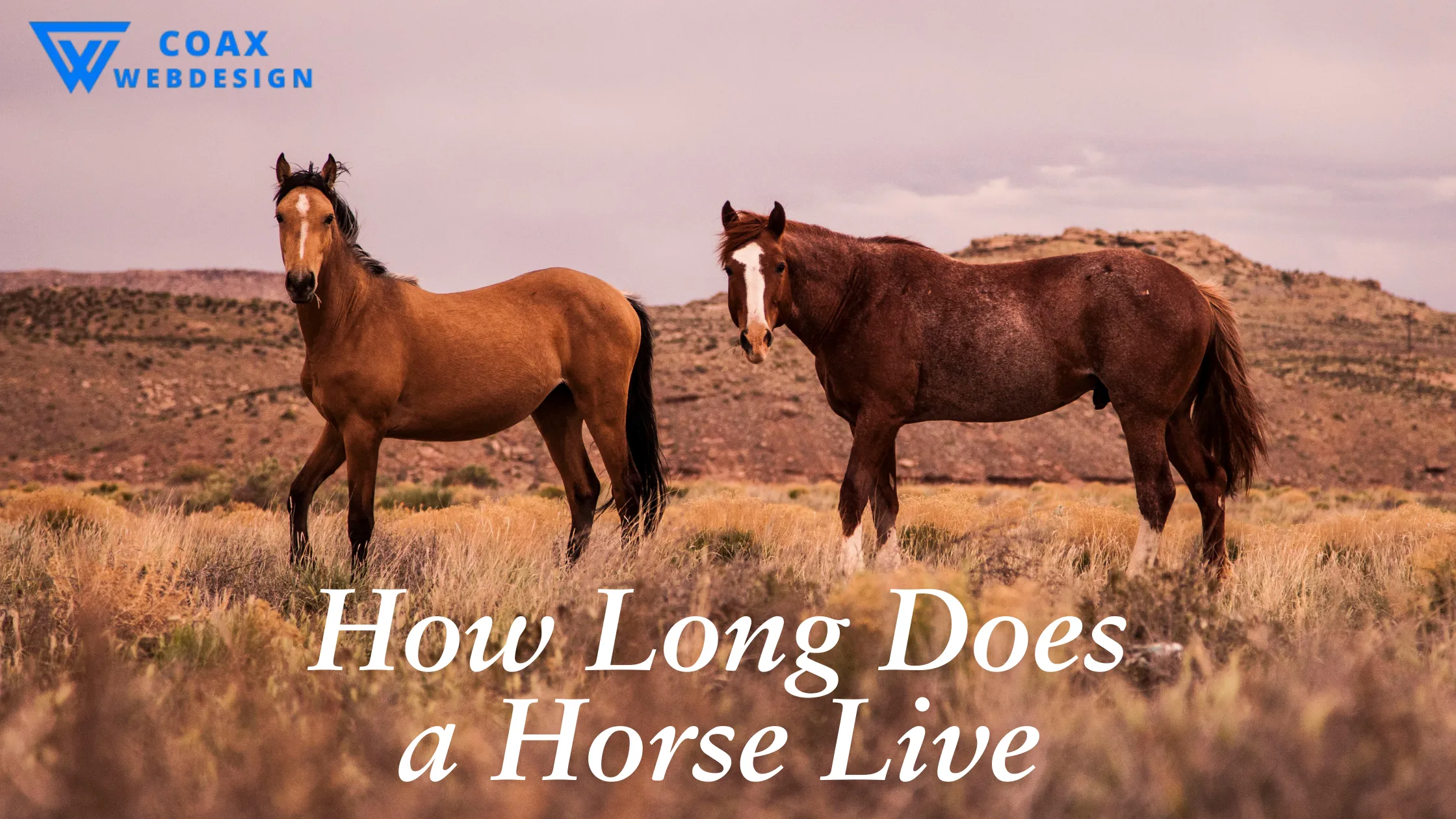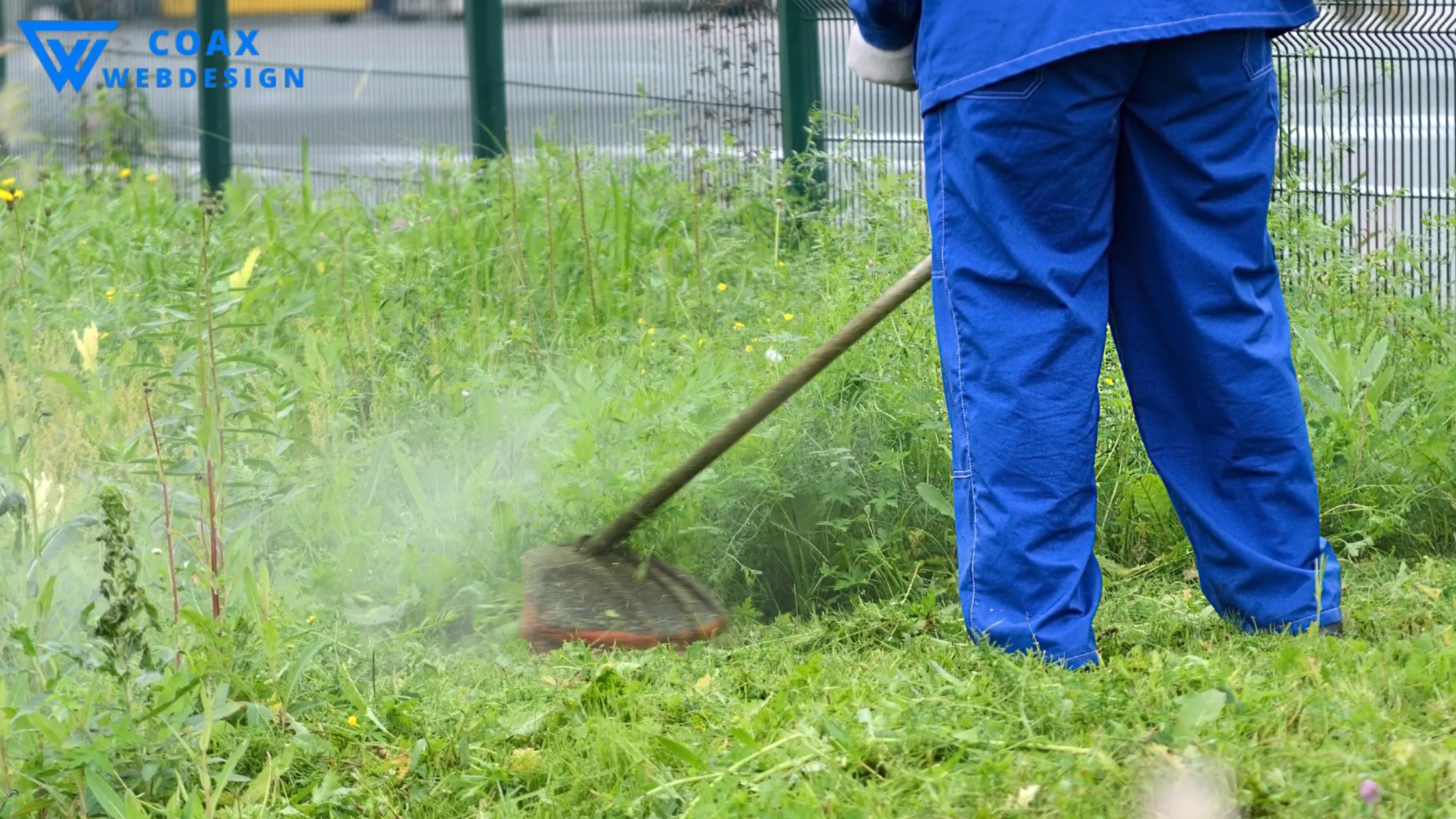Table of Contents
Horses are magnificent animals that have been our companions for centuries. As horse lovers, one of the most common questions we ask is, how long does a horse lives? Horses can live surprisingly long lives with proper care and attention, but the answer can depend on various factors. In this article, we’ll explore how long horses live, some astonishing facts, and expert tips to help your horse enjoy a long, healthy life.
The Average Lifespan of a Horse
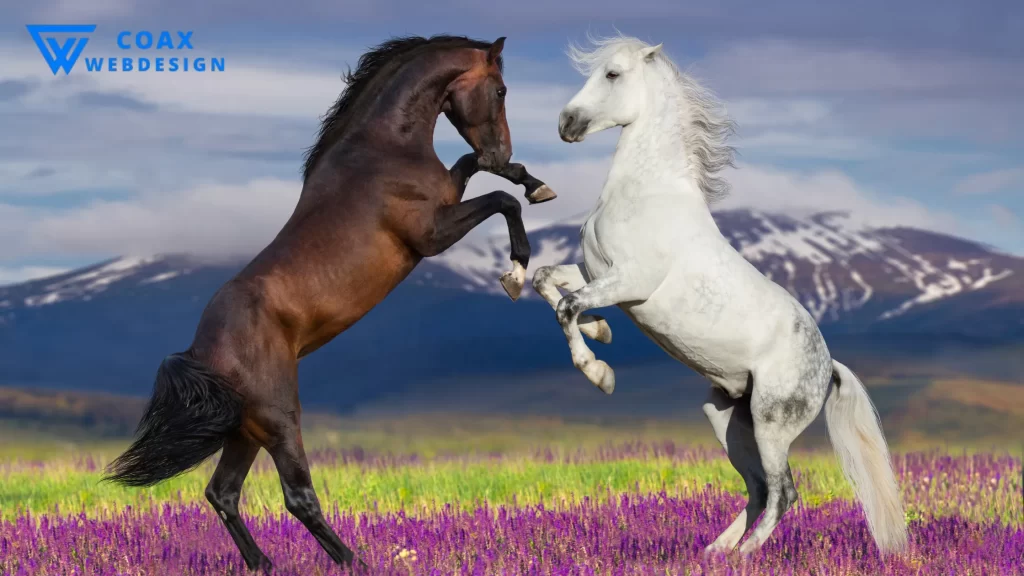
So, how long does a horse live on average? Generally, domestic horses live between 25 and 30 years, although this can vary based on their breed, care, environment, and genetics. Some horses live well beyond their average lifespan, with the oldest recorded horse living up to an incredible 62 years! With the advancements in veterinary care, better nutrition, and improved living conditions, many horses are living longer, healthier lives.
In the wild, horses typically have a shorter lifespan. Wild horses face threats such as predators, harsh weather, and a lack of consistent food, which can limit their lives to around 15 to 20 years. However, domestic horses, with proper care and attention, can easily live beyond 30 years.
Also Read: The Amazing Truth About Willie Falcon Net Worth Today
How Long Does a Horse Lives: Factors That Influence Horse Lifespan
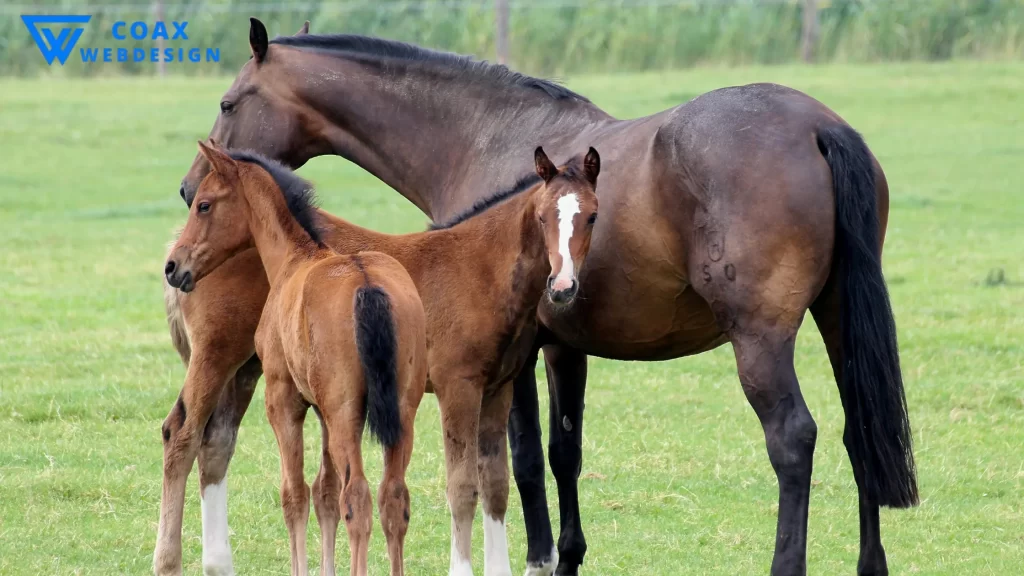
The question of how long does a horse lives isn’t as simple as just stating a number. Various factors come into play that can either shorten or extend a horse’s life. Let’s look at some of the key aspects that influence a horse’s lifespan:
1. Breed and Size
Different horse breeds have different average lifespans. Smaller breeds, like ponies, tend to live longer than larger breeds, like draft horses. For example, ponies often live well into their 30s and even 40s, whereas large draft horses may have a slightly shorter lifespan of around 20 to 25 years. This is similar to how smaller dog breeds tend to live longer than larger ones.
The size of the horse also plays a role in its longevity. Larger horses experience more strain on their joints and organs due to their size, which can lead to shorter lifespans. In contrast, smaller horses often have less strain on their bodies, contributing to their longer lifespans.
2. Nutrition
Proper nutrition is one of the most important factors in extending a horse’s life. Horses require a balanced diet that includes high-quality hay, fresh water, and the right combination of vitamins and minerals. A horse’s diet should also be tailored to its age, breed, and activity level.
For example, senior horses may need special supplements to support joint health, while young, active horses may require more energy-dense feed. A malnourished horse is far more susceptible to illness, and without proper nutrition, their lifespan can be significantly shortened. On the other hand, overfeeding can lead to obesity, which is also detrimental to a horse’s health and longevity.
3. Veterinary Care
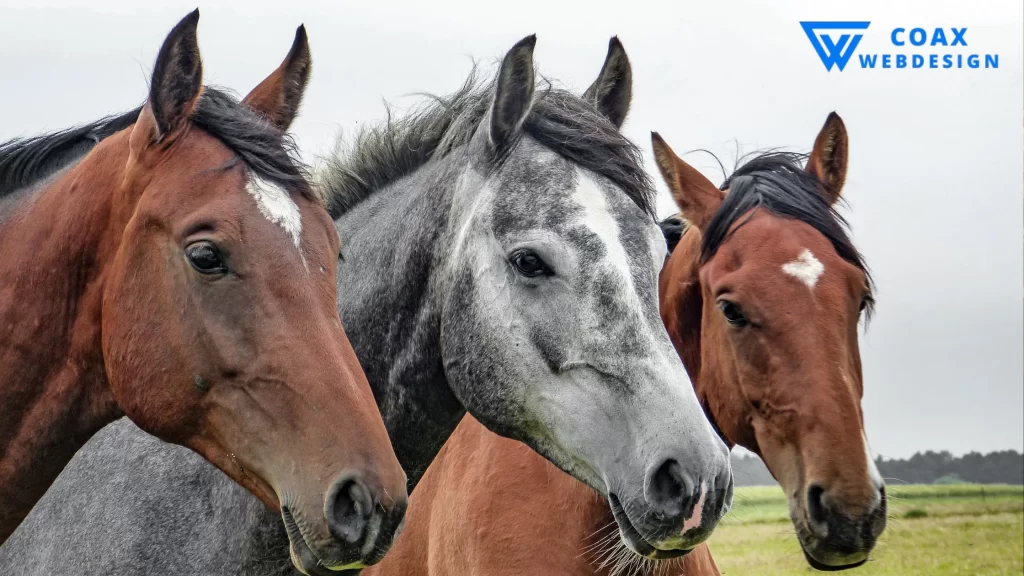
Regular veterinary check-ups are essential for a long, healthy life for your horse. Just like humans, horses need routine medical care to catch any potential health issues before they become severe. Vaccinations, deworming, dental care, and regular physical exams help prevent diseases and other conditions that can shorten a horse’s lifespan.
A vet can also guide you in creating a nutrition and exercise plan tailored to your horse’s specific needs. Early detection of diseases like colic, arthritis, and laminitis can significantly improve a horse’s quality of life and potentially extend its lifespan.
4. Exercise and Activity Level
Horses are naturally active animals and need regular physical activity to stay healthy. Proper exercise helps maintain a healthy weight, muscle tone, and mental well-being. Horses that get regular exercise are less likely to develop joint issues, obesity, and boredom-related behavior problems.
However, it’s important to balance their exercise with their age and condition. Older horses may need gentler activities like light riding or walking, while younger horses may thrive with more vigorous exercise. Horses that are used for heavy work or competition may experience wear and tear on their bodies, which can lead to a shorter lifespan if not properly managed.
5. Genetics
Genetics plays a role in a horse’s potential lifespan. Horses from long-living lineages may have a better chance of living a long life themselves. Breeding plays a key role in overall health, disease resistance, and longevity. While you can’t change your horse’s genetics, understanding their genetic background can help you anticipate potential health issues and manage their care accordingly.
6. Stress and Environment
A horse’s environment can greatly affect its lifespan. Horses that live in a calm, stress-free environment are more likely to live longer than those exposed to chronic stress. Providing a horse with adequate space to roam, good shelter from the elements, and companionship with other horses can help reduce stress levels.
A stressful environment, lack of proper shelter, or loneliness can lead to health problems, including weakened immune systems, weight loss, and behavioral issues. Horses are herd animals by nature and do best when they have companionship, whether from other horses, animals, or attentive humans.
Also Read: Michelle Barrientes Vela: Unveiling a Controversial Journey
Astonishing Facts About Horse Lifespan
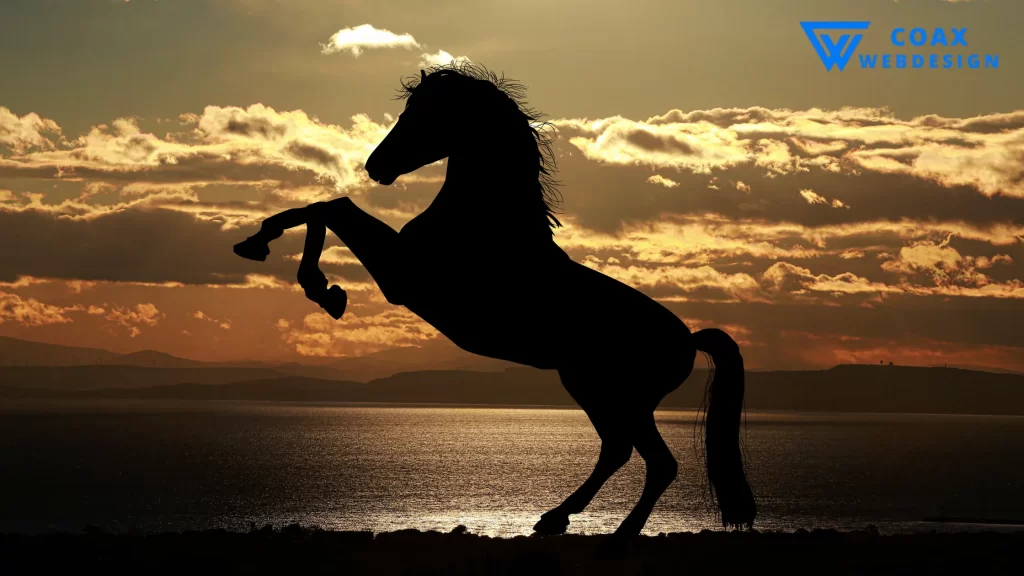
There are some surprising and impressive facts about how long a horse can live that might surprise you. Here are some astonishing details:
- Old Billy – The World’s Oldest Horse: Old Billy holds the record as the oldest horse in history, living to an extraordinary 62 years. Old Billy was a working barge horse from England, proving that even horses used for demanding work can live long lives with the right care.
- Ponies Live Longer: Ponies, with their smaller size, tend to outlive larger horse breeds. It’s not uncommon for ponies to live well into their 40s, making them some of the longest-living horses around.
- Modern Veterinary Advances: Over the last few decades, advances in veterinary medicine, including better treatments for colic, improved dental care, and enhanced joint supplements, have contributed to horses living longer lives than ever before.
How to Help Your Horse Live Longer
Now that we’ve answered the question of how long a horse lives let’s focus on how you can help your horse live a longer, healthier life. There are several key practices that, if followed consistently, can add years to your horse’s lifespan.
1. Provide Balanced, Nutrient-Rich Food
A well-balanced diet tailored to your horse’s age and activity level is crucial for long-term health. Make sure your horse has constant access to clean, fresh water and is fed high-quality hay. Supplements, when necessary, can provide additional vitamins and minerals, particularly for senior horses or those with specific health needs.
2. Prioritize Regular Veterinary Care
Preventive veterinary care is key to spotting and treating health issues early. Schedule regular check-ups for vaccinations, dental care, and general health assessments. A vet can also provide guidance on managing your horse’s weight, joints, and other aspects of health that could influence longevity.
3. Maintain Proper Hoof and Dental Care
Healthy hooves are the foundation of a healthy horse. Regular hoof trimming and checking for issues like cracks or lameness can prevent long-term problems. Similarly, proper dental care is essential to avoid painful conditions like overgrown teeth or infections that could affect your horse’s ability to eat.
4. Ensure Plenty of Exercise
Regular exercise keeps your horse physically fit and mentally engaged. Active horses tend to maintain healthy weights and avoid issues related to obesity and inactivity. Just remember to adjust their exercise routine based on their age and health condition.
5. Minimize Stress
Create a peaceful, stable environment for your horse. Avoid sudden changes to their routine or environment, and make sure they have social interaction with other horses. Horses are social animals and tend to be happier and less stressed when they have companions.
6. Monitor for Health Problems Early
As horses age, they become more susceptible to health issues like arthritis, colic, and laminitis. By keeping a close eye on their behavior and physical condition, you can catch these issues early and provide appropriate treatment to ensure your horse lives a comfortable, long life.
Also Read: How Long Does a Horse Live? Astonishing Facts Inside
The Journey Through a Horse’s Life Stages
Horses, like people, go through different life stages. Each stage comes with its own set of needs and challenges, and understanding these stages can help you provide the best care possible.
- Foal (0-1 year): Young horses are energetic, curious, and growing rapidly. Proper nutrition and early training are critical during this stage to set the foundation for a long, healthy life.
- Adolescence (1-5 years): Horses begin their training and are introduced to riding or other work. Physical and mental stimulation is important at this stage to develop a strong, healthy horse.
- Adulthood (5-15 years): Adult horses are in their prime, with their strength, stamina, and abilities at their peak. This is the time when they are most active and may be used for riding, competition, or work.
- Senior Years (15+ years): As horses age, they may slow down, become less active, and require more attention to their joints, teeth, and overall health. Senior horses often need a more tailored diet and gentler exercise routines.

